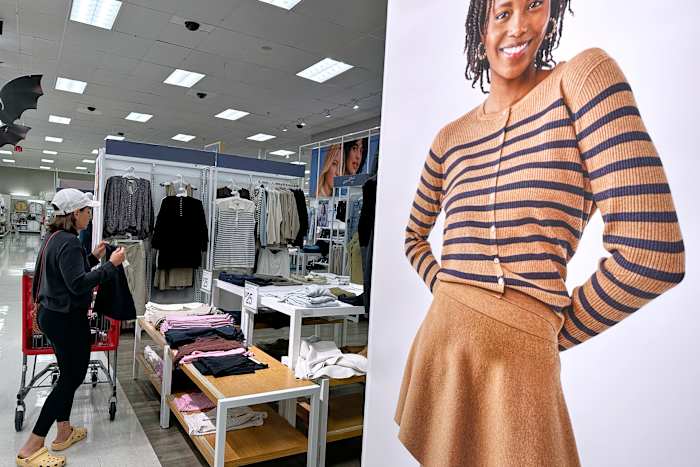As 2025 draws to a close, a viral trend on TikTok is motivating individuals to pursue their wellness aspirations through an initiative known as “The Great Lock In.” This challenge encourages participants to commit fully to their personal goals from September 1 to December 31, enabling a strong finish to the year.
While many are concentrating on fitness or healthier eating habits, the movement also offers a unique opportunity to boost financial well-being. The term “lock in” refers to an intense focus on a particular task, a concept that has gained popularity across social media platforms.
“The Great Lock In” resembles “New Year’s resolutions’ little sister” and emphasizes achievable progress, according to Lindsay Bryan-Podvin, a financial therapist and founder of Mind Money Balance, which encompasses a financial wellness blog and podcast.
Among those motivated by the trend is Julissa Mercedes, 28, a finance professional based in San Diego. One of her key objectives is to establish a $2,500 emergency savings fund. “Having some liquid cash will make me feel a little bit safer,” Mercedes stated. In addition to her financial goal, she seeks to foster new friendships, adopt a morning routine, and explore a new hobby.
This initiative aims to help individuals tackle lingering New Year’s resolutions that may have been neglected. Ben Markley, a personal finance educator and host of the budgeting app YNAB’s “Sketchy Advice,” remarked, “I think that’s appealing to a lot of people who are just tired of feeling stuck and like they haven’t been able to make any progress.”
If you are considering joining “The Great Lock In” or are already participating, here are expert tips to maintain your financial objectives throughout the challenge:
1. Assess Your Finances
Bryan-Podvin suggests starting by reviewing your financial situation. Examine your bank accounts and analyze your monthly income and expenditures. If you established a financial New Year’s resolution, now is an opportune moment to evaluate your progress and possibly adjust your strategies.
2. Establish Realistic Goals
According to Markley, setting achievable goals is crucial when participating in this challenge. While online movements often encourage significant changes, they can also lead to unrealistic target-setting. “A lot of people can’t sustain that at all, so they drop off,” he explained. Goals that align with your budget and lifestyle will increase your chances of completion. Bryan-Podvin likens “The Great Lock In” to a 5K race, which is more manageable than a marathon.
3. Prioritize Habit Development
Markley also emphasizes the importance of focusing on habit-building to ensure that financial improvements extend into 2026. For instance, if your aim is to reduce spending on takeout, start by cultivating cooking skills. “Find easy meals that you could cook at home with your skill level so that when you want to eat out, you have that to fall back on,” he suggested. Utilizing habit-tracking tools, such as reminder apps, can further support this effort.
4. Foster a Sense of Community and Accountability
Engaging with social media can provide valuable support. Whether it’s joining Facebook groups, interacting with creators, or sharing your goals, these connections can enhance accountability. As Mercedes embarked on “The Great Lock In,” she documented her journey on TikTok. “Seeing that people are still watching and keeping up with my content makes me feel like they’re part of the journey too,” she expressed.
5. Reflect on Your Relationship with Money
Take this opportunity to evaluate how you view and manage your finances. Markley advised, “Give every dollar a specific job so that you’re not going on autopilot when you spend; you’re being intentional with your money and making sure that it’s going towards the things you need and the things you care about.” Regularly reviewing your financial habits alone or with a partner can greatly benefit your long-term ambitions.
6. Don’t Stress if it’s Not for You
If you find that “The Great Lock In” does not resonate with you, that is perfectly acceptable, according to Markley. “You can find something else that works, and it’s no reflection on your character if you don’t pull off ‘The Great Lock In,’” he noted. While social media challenges can motivate individuals to achieve their goals, they should not add unnecessary stress. Each person should find their own path to financial success.
In conclusion, as we approach the end of the year, “The Great Lock In” represents an exciting chance to focus on fulfilling both financial and wellness objectives. Embrace the trend’s positive aspects, and equip yourself with the right strategies to unlock your potential by year’s end.






